Dominica Citizenship vs Grenada - CBI Programme Comparison
The Citizenship by Investment programmes offered by Dominica and Grenada are among the most efficient ways to acquire a second passport, offering a range of benefits for global investors and their families. In the Dominica vs Grenada citizenship comparison, both countries provide affordable investment pathways, strong global mobility, and the ability to live across 15 CARICOM member states. While they share advantages like fast processing and transparent procedures, important distinctions set them apart. In particular, Grenada vs Dominica citizenship reveals that Grenada offers additional benefits such as visa-free travel to the UK and eligibility for the U.S. E-2 Visa for residents of more than three years, benefits not available with Dominican citizenship. These differences make a careful comparison essential when choosing the ideal Caribbean CBI programme.
.png)
Are you seeking to acquire a second passport for your family? The decision between Grenada vs Dominica citizenship can be challenging. Let’s explore key aspects of Grenada citizenship and Dominica citizenship offerings, such as their visa-free access and investment opportunities and determine which programme suits you best.
Grenada vs Dominica citizenship - comparison of key CBI aspects
Programme History
Dominica established its CBI programme in 1993 as a tool to strengthen climate resilience and sustainable national development.
Grenada resumed its CBI programme in 2013 (after its original launch in 1995), with stronger due diligence measures.
Dual Citizenship in Grenada and Dominica
Both Grenada and Dominica accept dual citizenship, offering applicants full legal rights in both countries without renouncing prior citizenships.
Grenada and Dominica Investment Requirements
- Grenada:
- Non-refundable Donation: US $235,000 (for a single applicant or families up to four) to the National Transformation Fund
- Real Estate Investment: US $270,000 (for a single applicant or families up to four) in government-approved developments.
- Dominica:
- Non-refundable Donation: US $200,000 (for a single applicant) or US $250,000 (families up to four) to the Economic Diversification Fund.
- Real Estate Investment: US $200,000 (for a single applicant or families up to four) in government-approved property.
To estimate costs for your family and detailed comparisons, visit Grenada CBI Pricing page, Dominica CBI country page or use the Passport Cost Calculator.
Family Inclusion
- Grenada: allows a broader scope - inclusion of spouse, children up to age 29, financially dependent adult children, parents/grandparents over 55, and unmarried siblings with no children.
- Dominica: permits inclusion of spouse, children under 18 (under 30 if students), parents/grandparents over 65, and dependents with disabilities (siblings excluded).
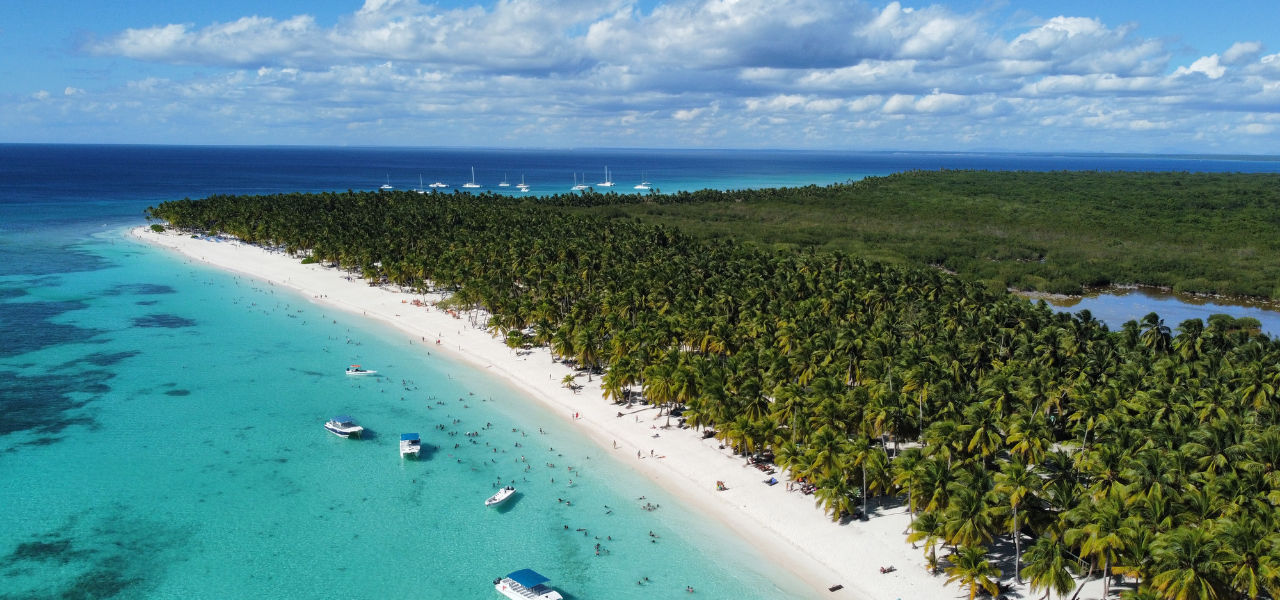
Grenada and Dominica Residency Requirements
- Grenada: There are no physical presence or residency requirements, offering complete flexibility.
- Dominica: No physical presence is required pre- or post-citizenship..
Grenada and Dominica Passport Strength
- Grenada: Provides visa-free or visa-on-arrival access to over 140 countries, including the UK, Europe’s Schengen Area, China, India, Russia, Argentina, and Brazil. Additionally, Grenadian citizen residents benefit from the E-2 Investor Visa treaty with the U.S., enabling them to operate a business and reside there with their family under a renewable 10-year visa
- Dominica: Offers similar access to over 140 countries, excluding the United Kingdom, China and the U.S. E-2 treaty benefits.
Grenada and Dominica Tax Advantages
- Grenada:
- No worldwide income tax, capital gains tax, or inheritance tax
- Residents enjoy a personal allowance of XCD 36,000, with incremental income tax rates ranging from 10% to 28%.
- Non-residents are taxed on Grenadian-sourced income only.
- Property tax ranges from 0.2% to 0.5% of property value.
- Dominica:
- No capital gains or inheritance taxes
- Residents receive an XCD 36,000 allowance; then taxed at 15%, 25%, and 35% on progressive brackets
- Non-residents are taxed on Dominican-sourced income only
- 1.5% municipal property tax.
Learn more about it in our taxation in Caribbean article.
Validity & Renewability of Citizenship in Grenada and Dominica
- Grenada: Citizenship is permanent and irrevocable; passports are renewed every 10 years.
- Dominica: Citizenship is permanent, with passports valid for 10 years.
Processing Time in Grenada and Dominica
- Grenada: Citizenship processing takes approximately 6-8 months.
- Dominica: Citizenship is generally processed within 5-6 months, making it slightly faster than Grenada CBI.
Application Flexibility
Both countries offer full digital processing, including virtual interviews and oath ceremonies.
Why Choose Grenada CBI for a Second Passport? 3 Main Aspects
The Grenada CBI programme is one of the most trusted in the world. Travel freedom, affordable investment options, processing time and commitment to fairness and accountability are the reasons why Grenada citizenship is a top choice for a second Caribbean passport for many families:
1. Cross-Border Travel Flexibility: A Grenadian passport grants visa-free or visa-on-arrival access to over 140 countries and territories, making it highly valuable for global travellers. Key destinations include the United Kingdom, the Schengen Area, China, India, Russia, Brazil, Argentina, much of Asia, Central and South America, and prominent African nations. A unique advantage of Grenadian citizenship is qualifying for the E-2 Visa minimum residency of three years, enabling investors to settle in the USA. However, eligibility for the E-2 Visa requires a minimum residency of three years in Grenada.
2. Processing Time, Transparency, and Family Inclusion: The Grenada Citizenship by Investment programme is very efficient, allowing you to obtain a second passport from Grenada within approximately 6 months. It also is built on transparency and stringent due diligence. The investment is only required after approval in principle, providing peace of mind and security for applicants. Grenada CBI allows the inclusion of unmarried siblings of the main applicant and spouse and has no minimum age limit for dependent parents to apply for citizenship.
3. Quality Real Estate among Investment Options: The Grenada Citizenship by Investment programme is a cost-effective way to secure a second Caribbean citizenship. Investments are only required after receiving approval in principle and include competitive investment thresholds through quality real estate options, including luxury resorts and beachside villas. Ideal for both individuals and families, the total passport cost varies based on the size of the family.
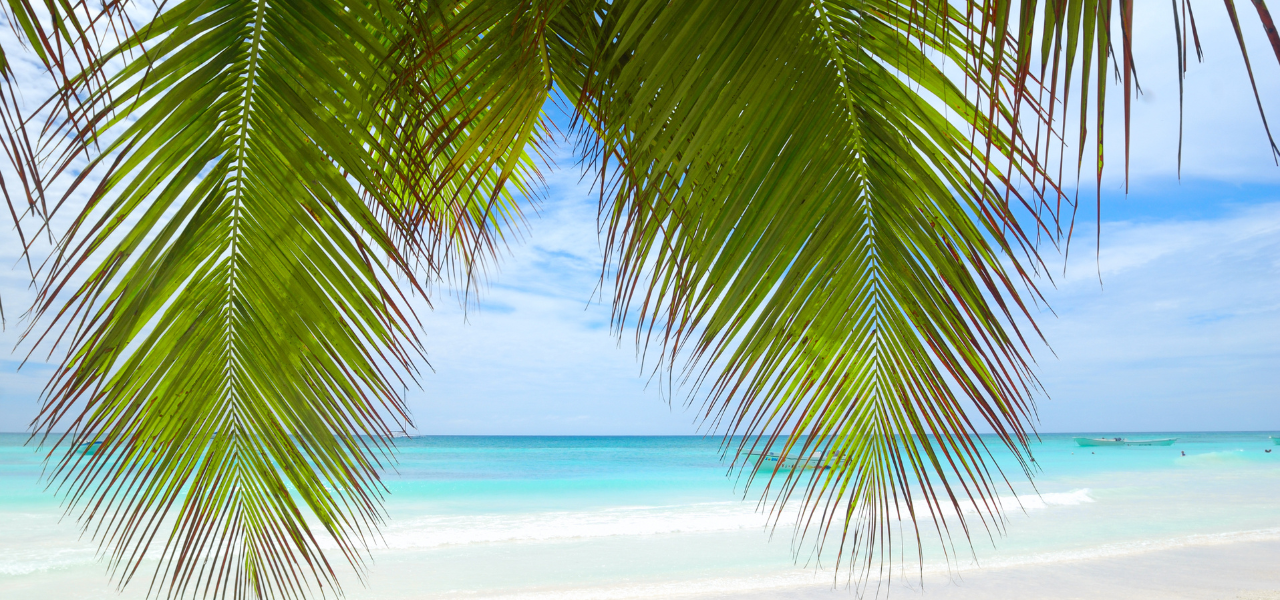
Grenada Citizenship – Island Overview
Grenada is celebrated worldwide for producing key ingredients of the finest chocolates. This beautiful Caribbean nation also includes the islands of Carriacou and Petite Martinique. St. George’s, the capital, is the country’s main city and seaport. The waterfront area is the yachting and charter-boat hub of the eastern Caribbean. Grand Anse Beach is not far from the capital, just a short drive away, a pristine 3-kilometre stretch of white sand and calm, azure waters. St. George’s pastel-coloured houses climbing the hillsides is a visual delight when viewed from Grand Anse. This iconic beach, known for its luxury resorts and vibrant watersports scene, remains a favourite destination for locals and visitors alike. Beyond its spices and beaches, Grenada offers stunning scenery, with fertile valleys, lush rainforests, and serene mountain lakes. Its tropical climate and natural beauty make it an irresistible draw for tourists from around the globe. Further details on Grenada can be found in our article on the comparison of Antigua vs Grenada Citizenship.
.png)
Why Choose Dominica CBI for a Second Passport? 3 Main Aspects
1. Affordable Pathways to Dominica Citizenship: Dominica’s CBI programme offers flexible and cost-efficient options to a second passport, appealing to both solo applicants and families. Investors can either make a contribution to the Economic Diversification Fund or invest in government-approved real estate projects. Each route provides a clear and budget-conscious opportunity to secure lifelong Dominican citizenship, making it one of the most accessible second passport programmes in the Caribbean.
2. Regional Mobility Through CARICOM Access: Dominica citizenship comes with the right to reside, work, and do business in any of the 15 CARICOM member states. These include sought-after destinations such as Trinidad and Tobago, and Barbados. This CARICOM membership grants investors enhanced regional access and business mobility, ideal for families or entrepreneurs seeking to establish a broader Caribbean footprint. Notably, Grenada is also part of this regional bloc, further increasing strategic value for investors.
3. Quick and Convenient Application Timeline: Dominica’s CBI programme is widely recognised for its efficiency and simplicity. Applicants can expect citizenship approval within 3 to 4 months, and the process requires no physical residency or travel during the application. This streamlined approach makes it especially attractive for time-conscious investors looking to obtain a second passport with minimal disruption to their lifestyle or business operations.
.png)
Dominica Citizenship – Island Overview
Dominica, situated in the Eastern Caribbean, spans an area of 750 square kilometres and has a population of around 72,000. The island is renowned for its rugged, mountainous rainforests, countless rivers, and striking waterfalls, setting it apart as one of the Caribbean’s most distinctive destinations. It is also home to several national parks and the world’s second-largest boiling lake, testaments to its rich ecotourism potential. Despite these natural assets, development in the tourism sector has been slow, largely due to underdeveloped infrastructure, the lack of a major international airport, and frequent exposure to hurricanes. Unlike other Caribbean destinations, Dominica has avoided mass tourism, allowing its pristine landscapes to remain largely intact.
One of Dominica’s unique cultural features is the Kalinago Territory, where the descendants of the indigenous Kalinago people continue to uphold their ancestral customs and lifestyle. With limited natural resources, the island has long depended on banana cultivation as its primary export. However, efforts are now underway to broaden the economic base and lessen reliance on this single commodity.
The capital city, Roseau, is Dominica’s main urban hub, functioning as the country’s administrative and commercial centre. Located on the island’s southwest coast, Roseau is a lively yet compact town, featuring a mix of colonial-era and contemporary buildings. It is especially known for its colourful markets, where locals sell fresh produce and artisanal crafts. The city also lies near several of Dominica’s prominent natural attractions, including Morne Trois Pitons National Park, a UNESCO World Heritage Site. In addition, Roseau serves as the principal entry point for cruise ships, making it a central stop for many of the island’s visitors.
.png)
Final Thoughts: Grenada or Dominica Citizenship?
When comparing Grenada vs Dominica citizenship, Grenada's Citizenship by Investment programme is a leading choice for investors seeking a second passport. Its attractive investment options in high-quality Grenada real estate, family-friendly provisions, global mobility benefits - including exclusive eligibility for the U.S. E-2 Investor Visa for Grenadian residents - and transparent, efficient processing make Grenada CBI a popular option for those pursuing a second passport.
Dominica CBI, on the other hand, while lacking some of Grenada’s global mobility advantages, stands out for its affordability and streamlined application process.
Ultimately, the choice between Grenada CBI and Dominica CBI comes down to the importance of specific benefits like UK visa-free travel and the U.S. E-2 aspect for your family. For those prioritising these unique advantages, Grenada citizenship may be the better fit.
FAQs

Are there minimum residency requirements once citizenship is granted?
No. Neither Grenada nor Dominica requires applicants to maintain physical residency either before or after citizenship is granted.
What if my application is unsuccessful?
Both programmes conduct extensive pre-application compliance checks to minimise rejection risks. Investments are only made after receiving approval in principle. If your application is not approved, you will not obtain citizenship, and any initial fees already paid are non-refundable.
Can my Caribbean citizenship be revoked?
Both Grenadian and Dominican citizenships are lifelong and inheritable. Revocation is only possible if fraudulent information is discovered in the application.
Can I include my entire family in the citizenship application? What are the family eligibility criteria in Grenada and Dominica?
Yes, both programmes are designed with family inclusion in mind. Grenada offers greater flexibility, allowing inclusion of unmarried siblings of both the main applicant and spouse.
Is there a language requirement to become a citizen?
No. Neither Dominica nor Grenada imposes a language proficiency requirement as part of their CBI process.
Which passport Grenada or Dominica provides better global mobility?
- Grenada: Offers visa-free or visa-on-arrival access to over 140 countries, including China, Russia, and India. Grenadian passport holders residing in Grenada for over three years can also apply for a U.S. E-2 Investor Visa.
- Dominica: Offers access to over 140 countries as well, with notable exclusions like the UK and China and no U.S. E-2 treaty benefit.
Which program is better for business opportunities?
Both programs offer strong regional opportunities as part of the CARICOM alliance. However, Grenada provides an additional edge with access to the U.S. E-2 Investor Visa for those residing in Grenada for over three years, facilitating business operations in the United States.
Who is eligible to acquire Grenadian or Dominican citizenship through CBI?
Anyone who meets the eligibility criteria, including passing due diligence checks, can apply. Both programmes accept applications from single individuals and families.
How do the real estate investment CBI requirements compare?
- Grenada: Minimum investment starts at $220,000 (shared ownership) or $350,000 for a single-unit purchase.
- Dominica: Requires a minimum real estate investment of $200,000.
To compare and understand the costs for your family, use our Passport Cost Calculator or visit specific country pages.
What are Grenada vs Dominica international direct flights?
- Grenada: Direct flights connect Grenada to destinations such as the United States (e.g., Miami, New York), Canada, the United Kingdom, and nearby Caribbean islands.
- Dominica: Fewer direct international connections except to nearby Caribbean nations and Miami.
Is physical presence required under either programme?
- Grenada: No residency or travel requirements apply.
- Dominica: Also has no physical residency obligations.
What distinguishes Grenada’s CBI programme?
Grenada’s programme stands out due to its eligibility for the U.S. E-2 Investor Visa, available to citizens residing in Grenada for over three years. Additionally, visa-free access to both China and the United Kingdom makes it particularly competitive compared to Dominica’s offering.
Which Caribbean countries currently offer CBI programmes?
Five Caribbean nations run active Citizenship by Investment programmes: Antigua and Barbuda, Dominica, Grenada, Saint Lucia, and St. Kitts and Nevis. While these programmes share many similarities in cost and structure, Grenada offers distinct advantages, including access to the U.S. E-2 Visa for residents and broader travel privileges.




.svg)





.png)
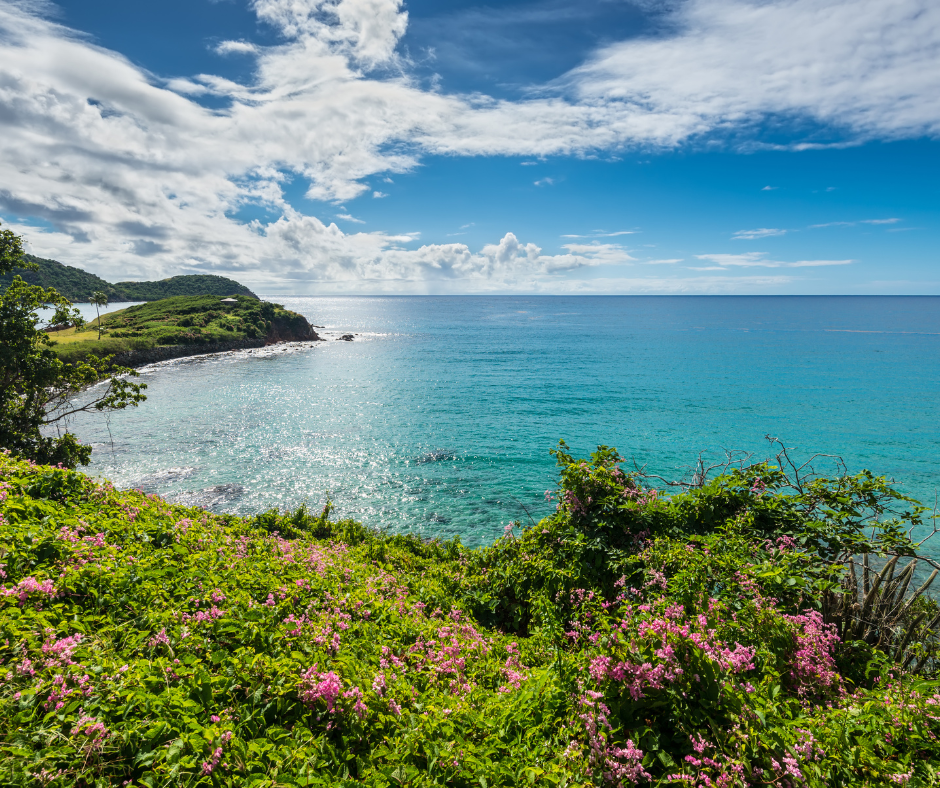
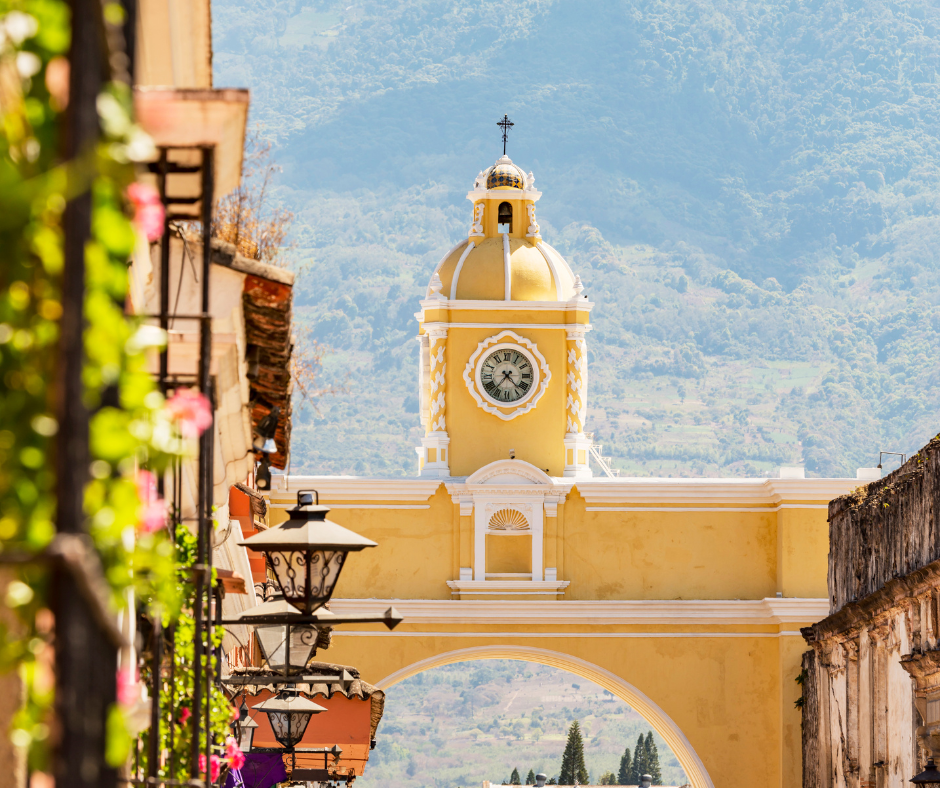
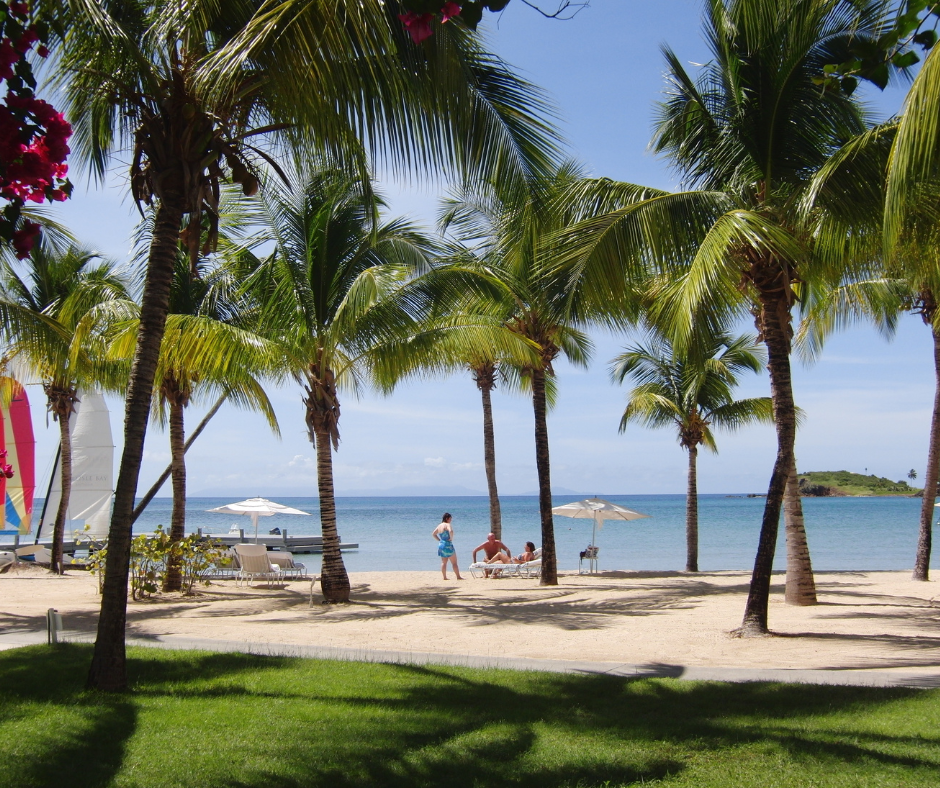
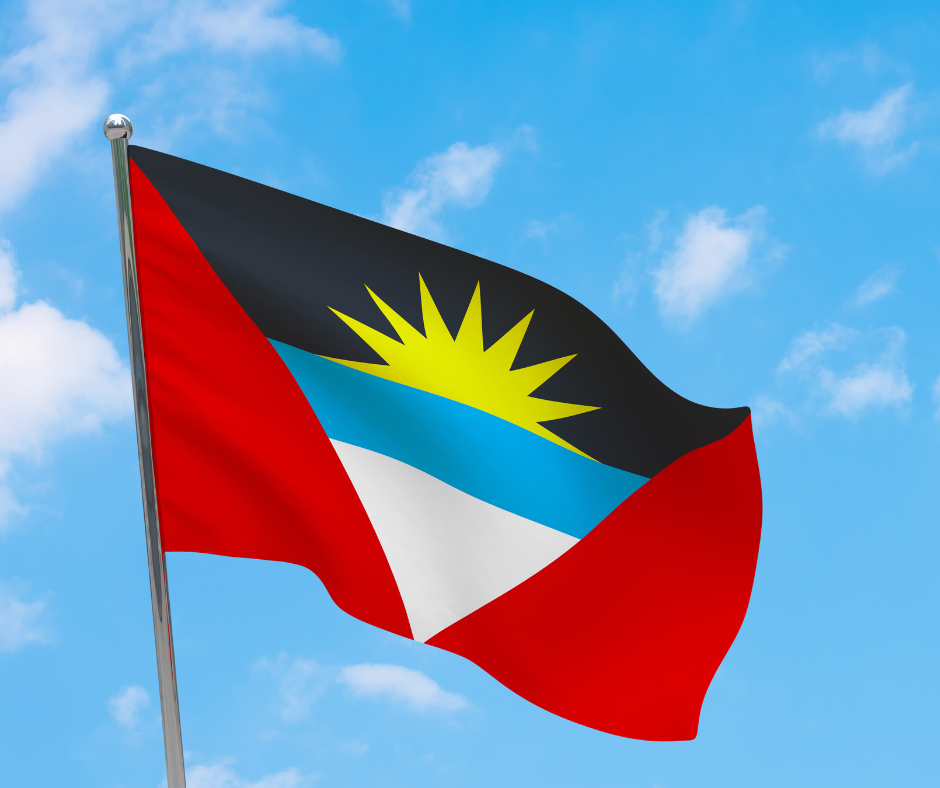

.png)
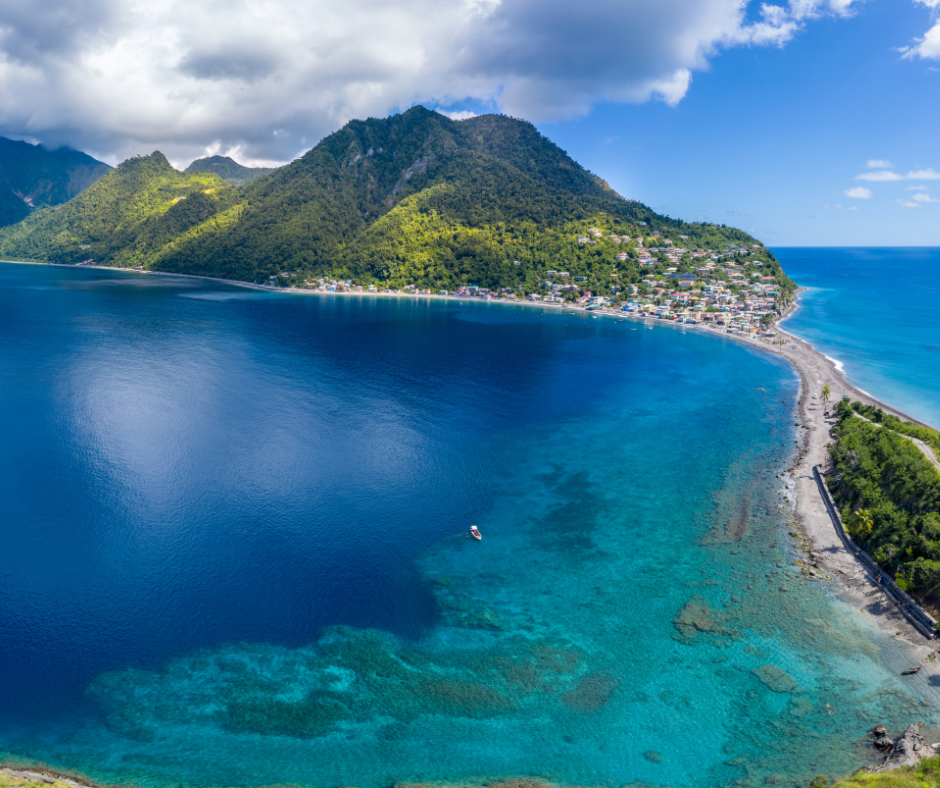

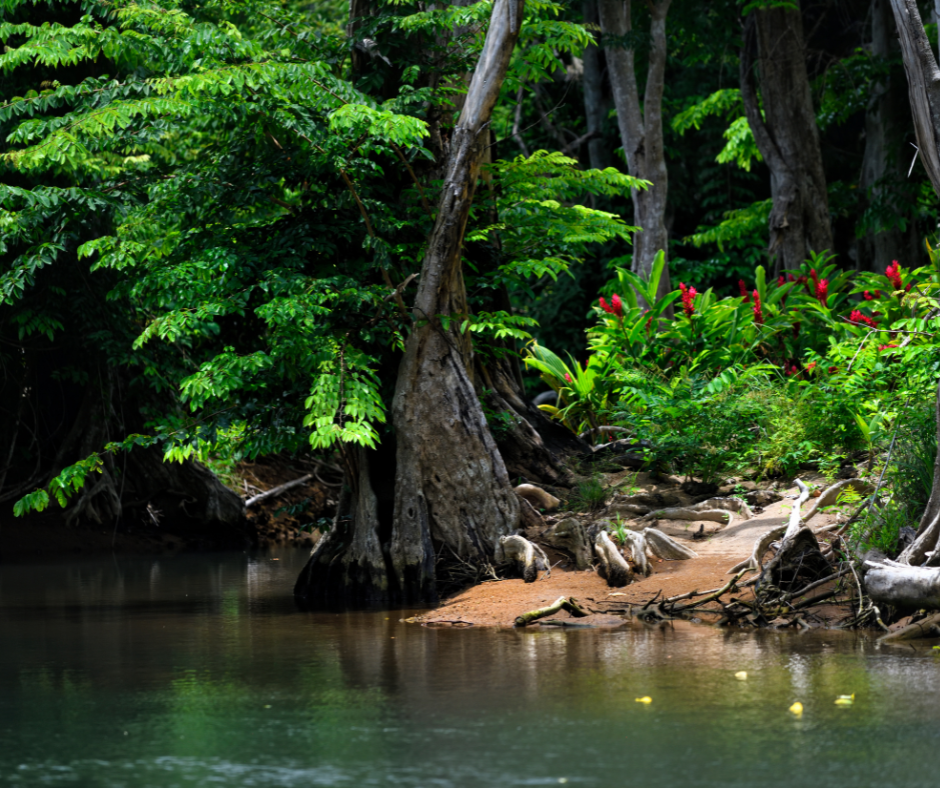
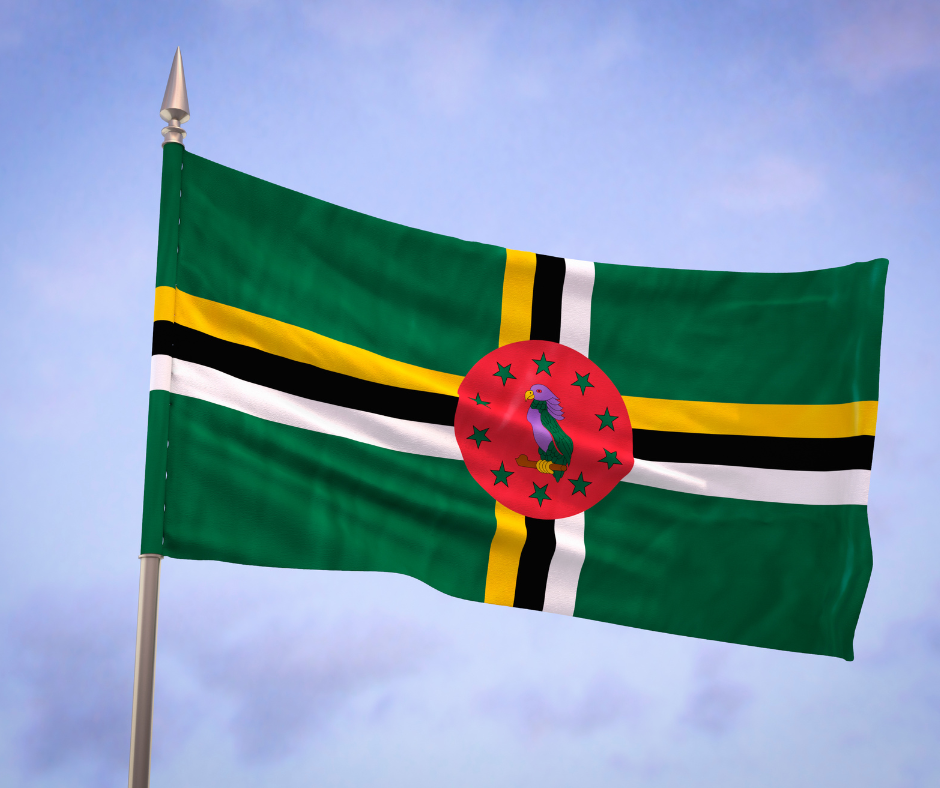

.png)
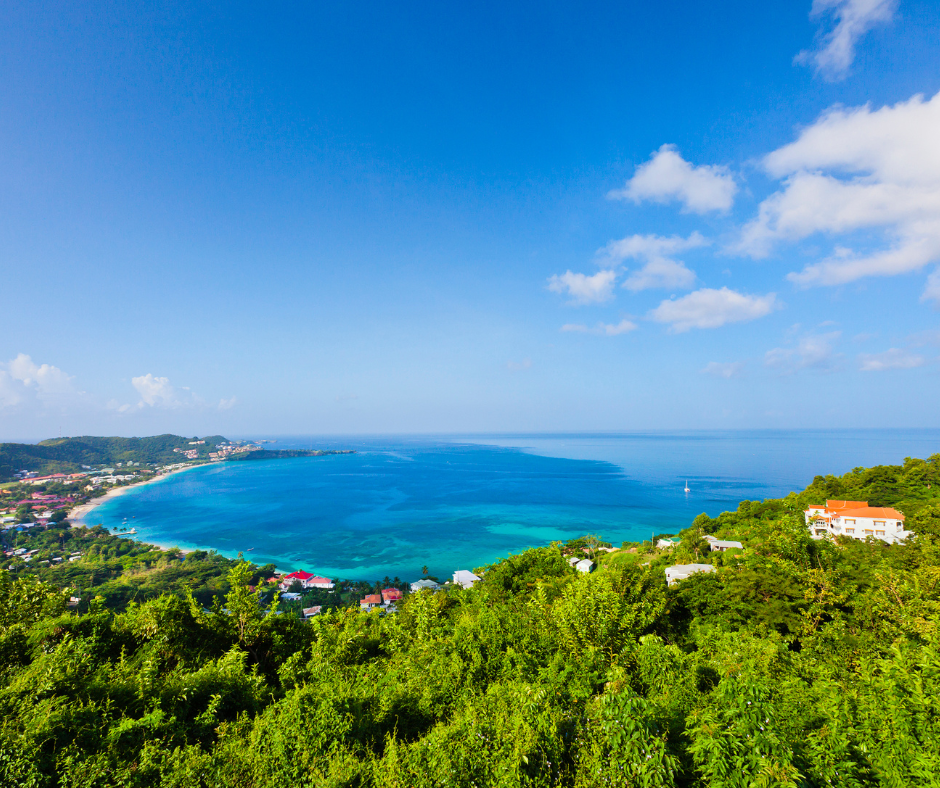
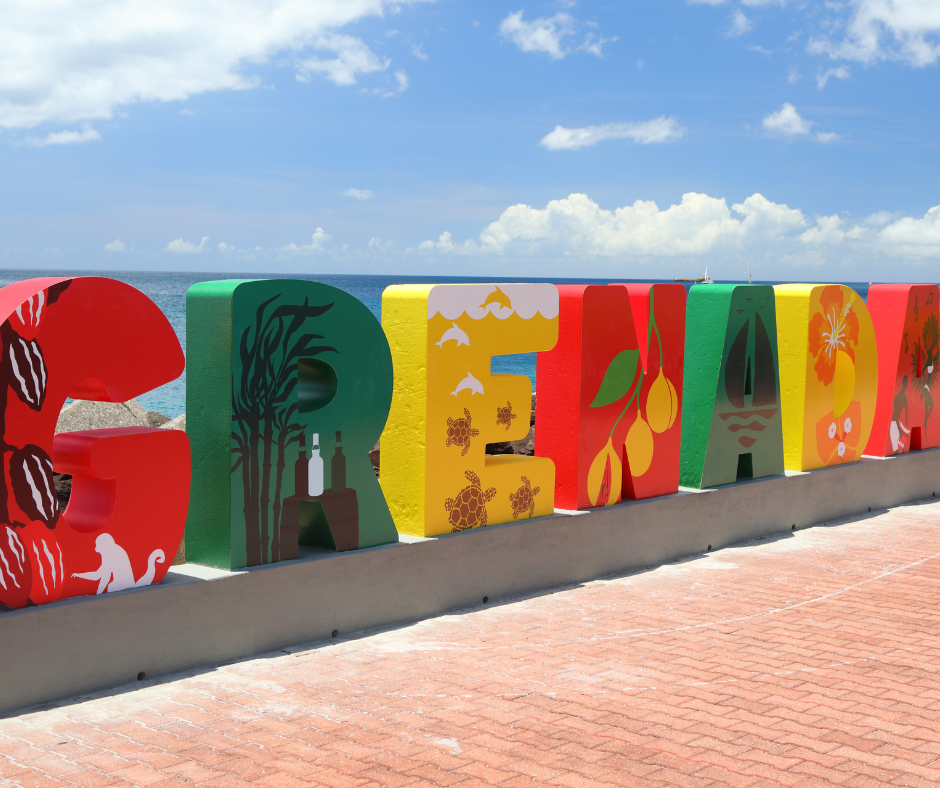
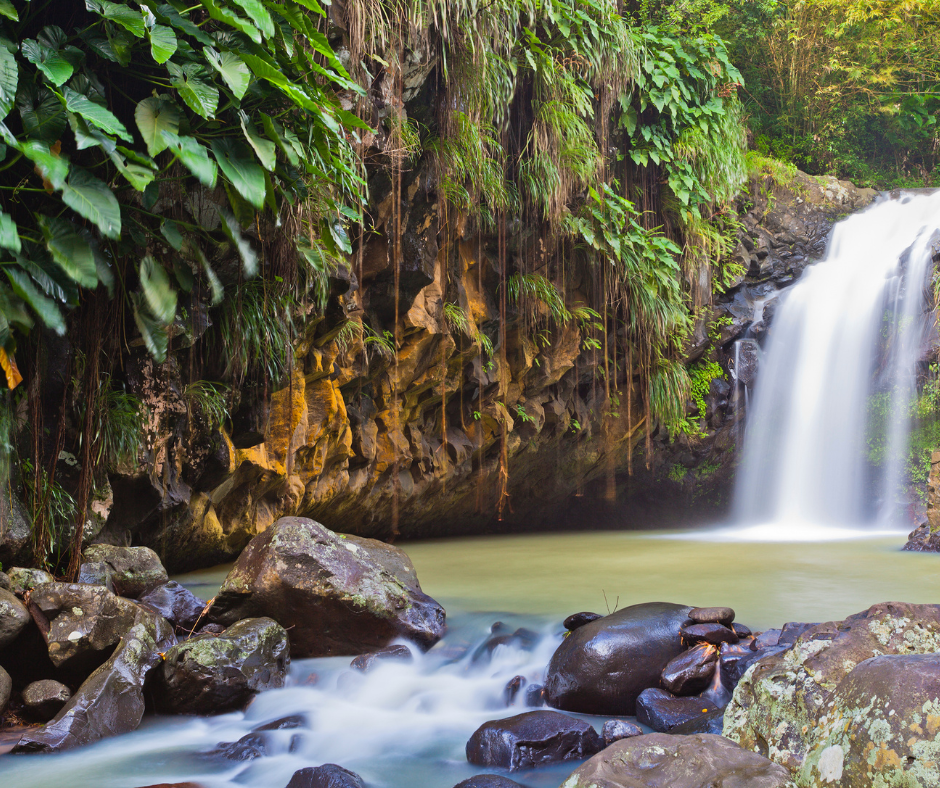
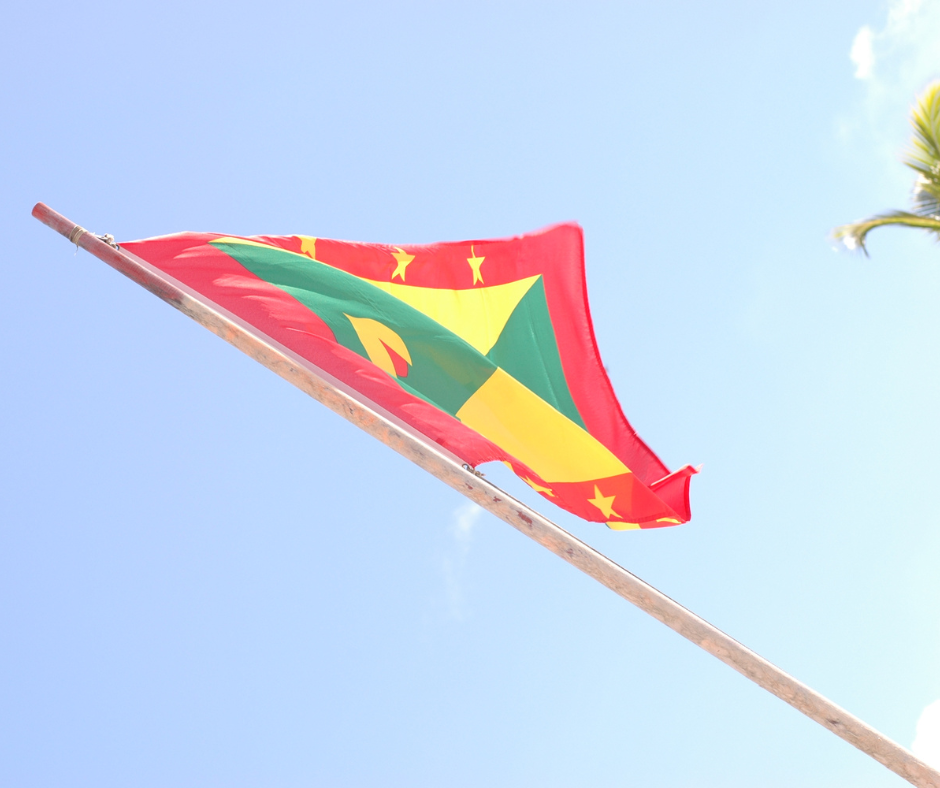
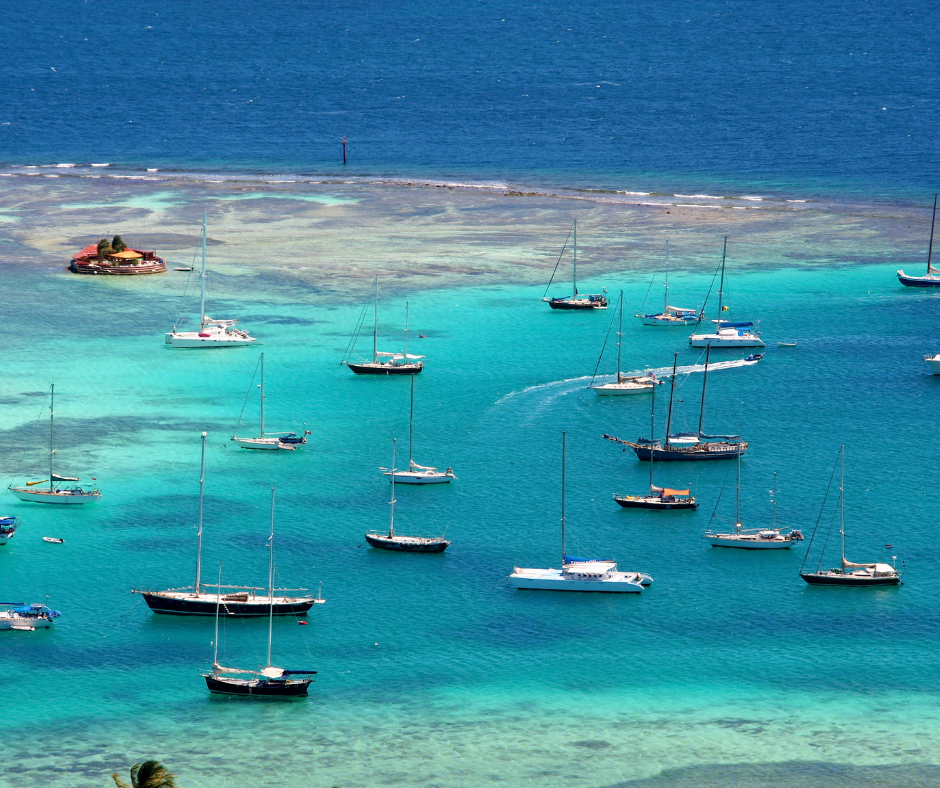
.png)
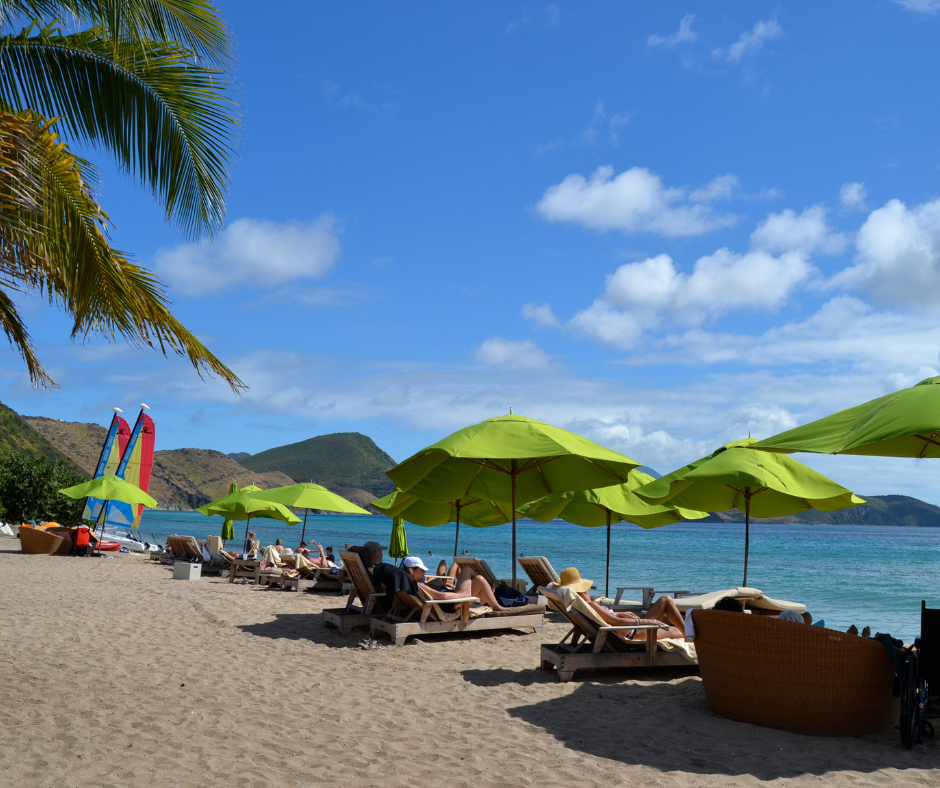
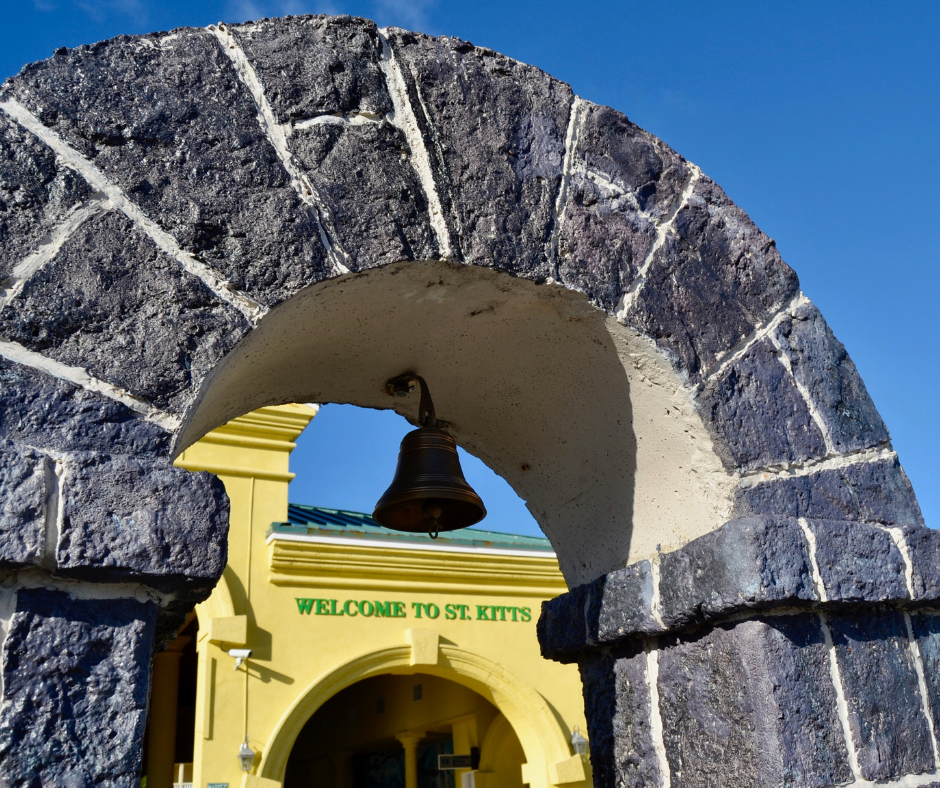
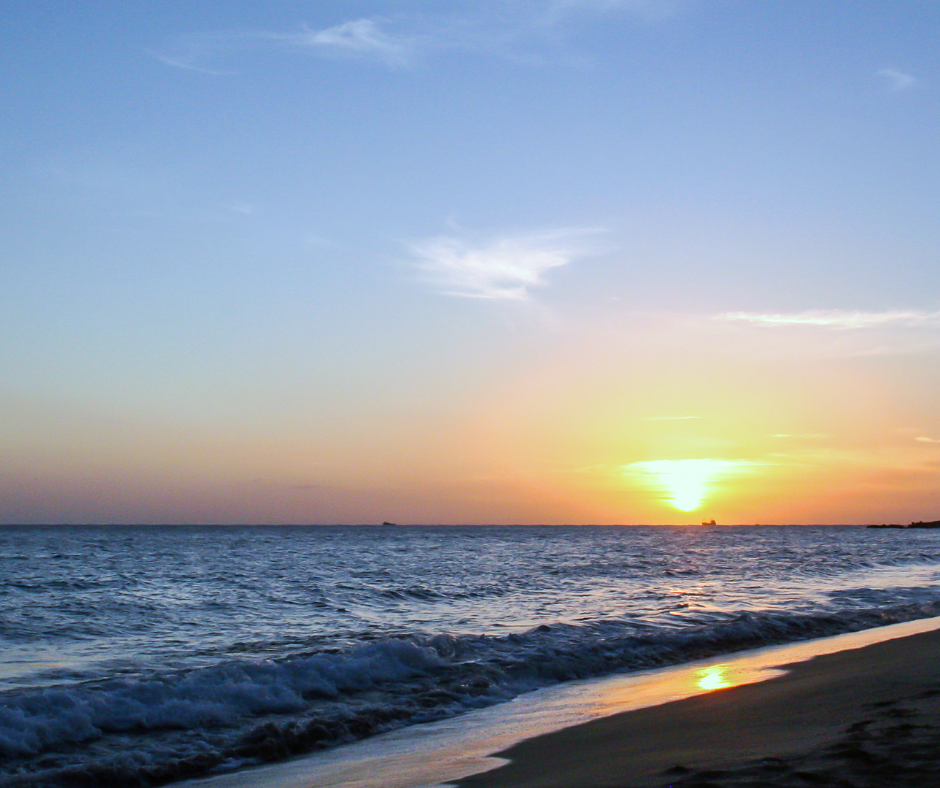
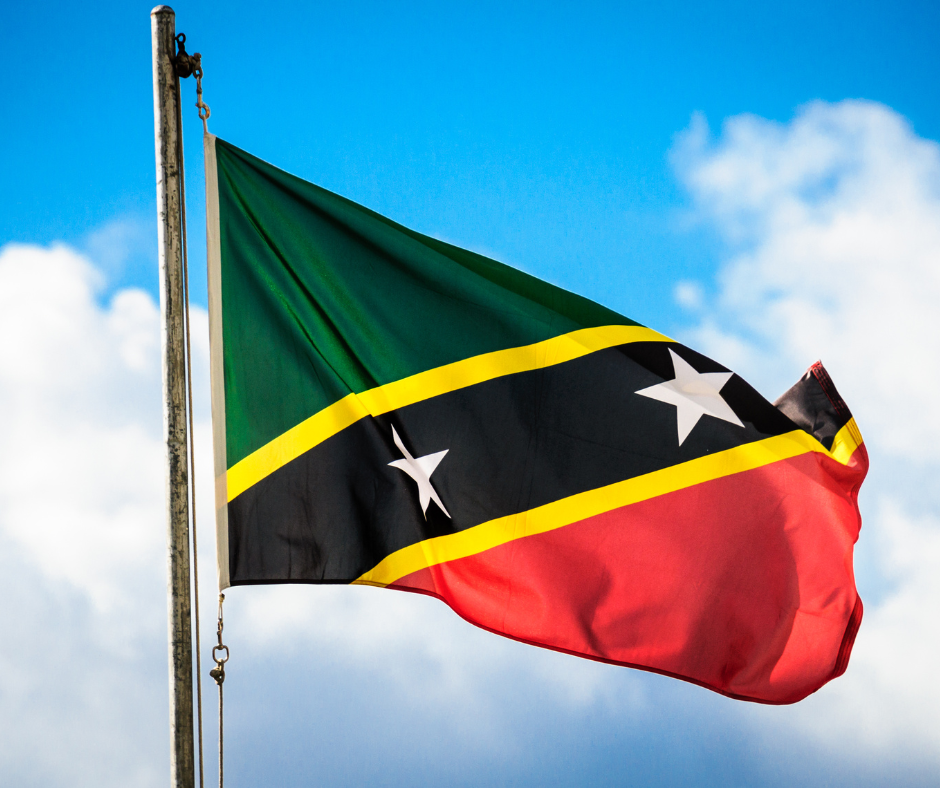
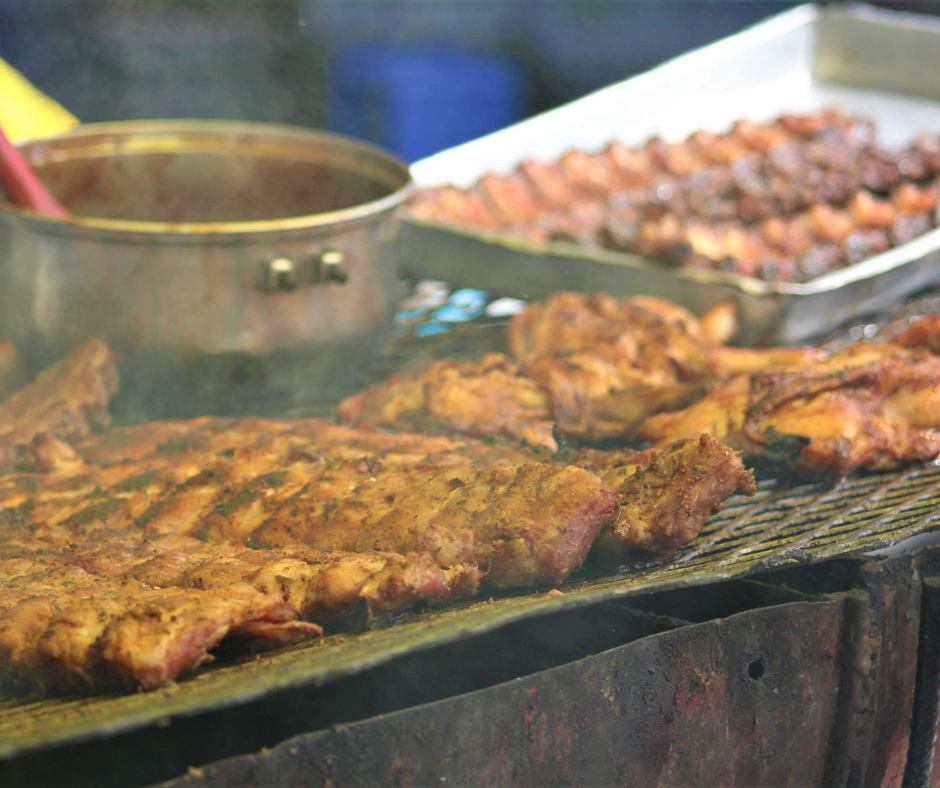
.png)
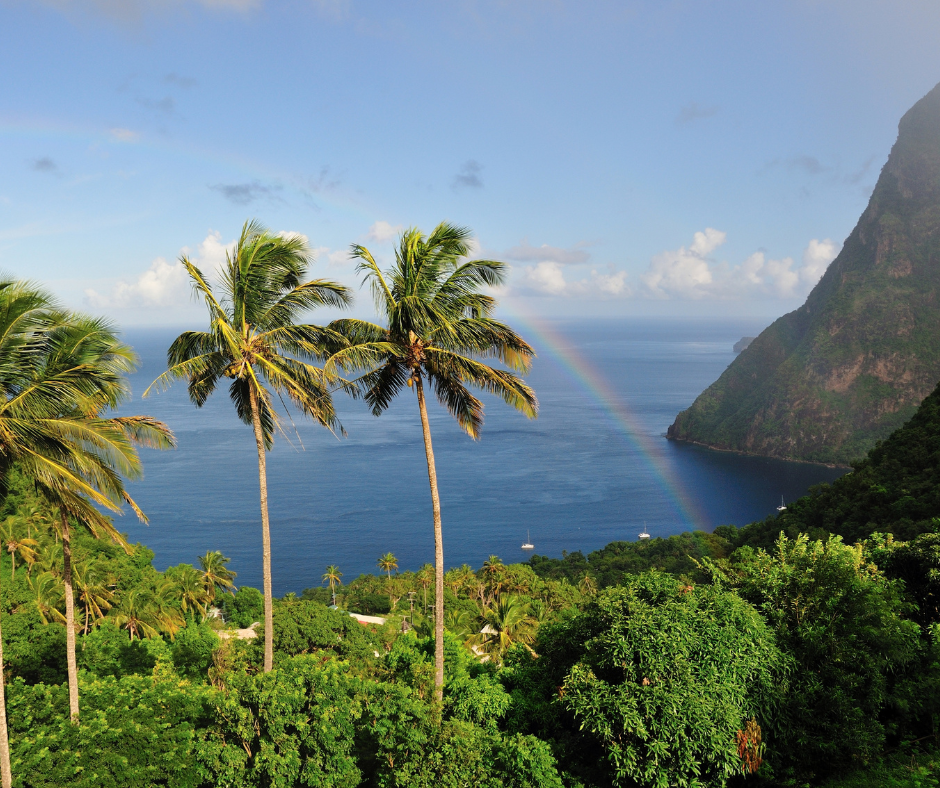
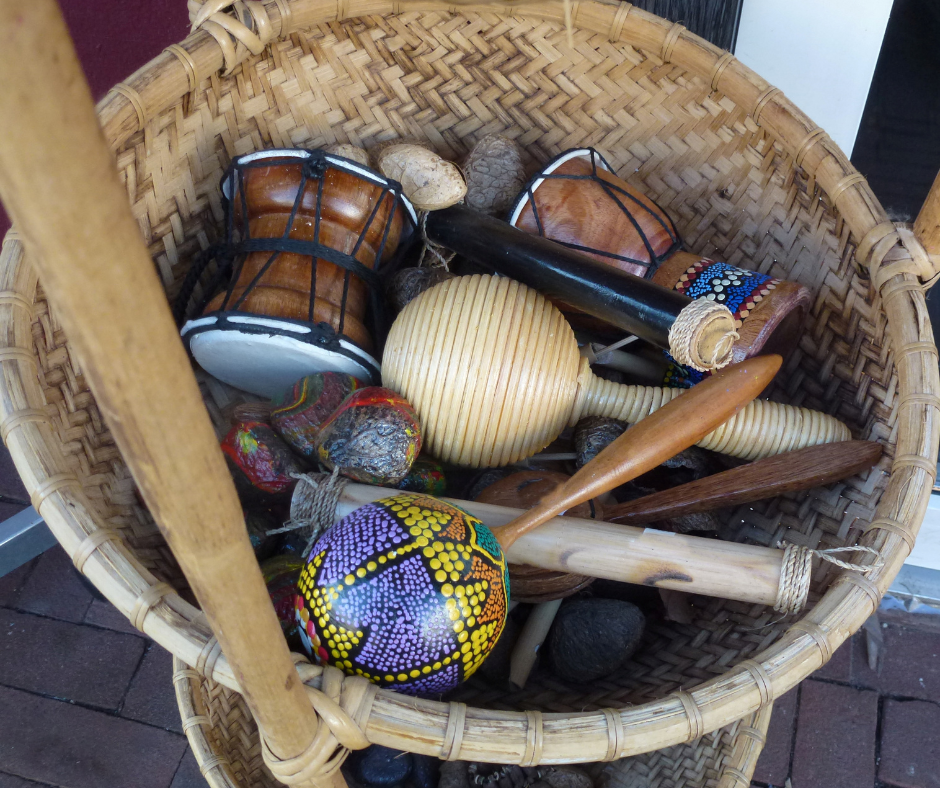
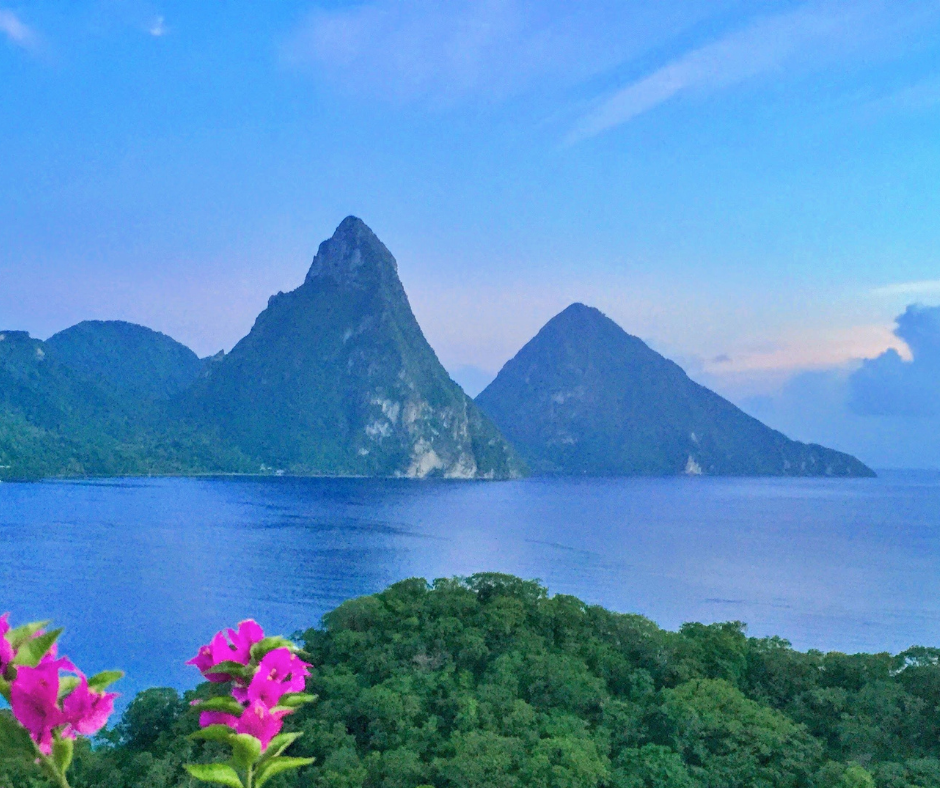
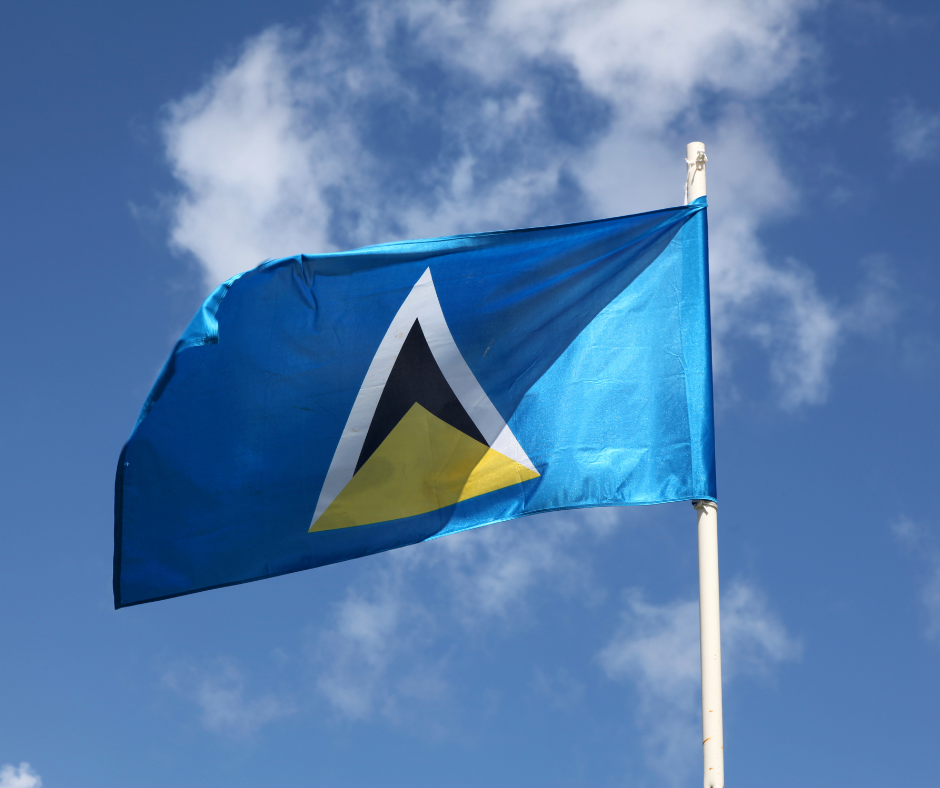
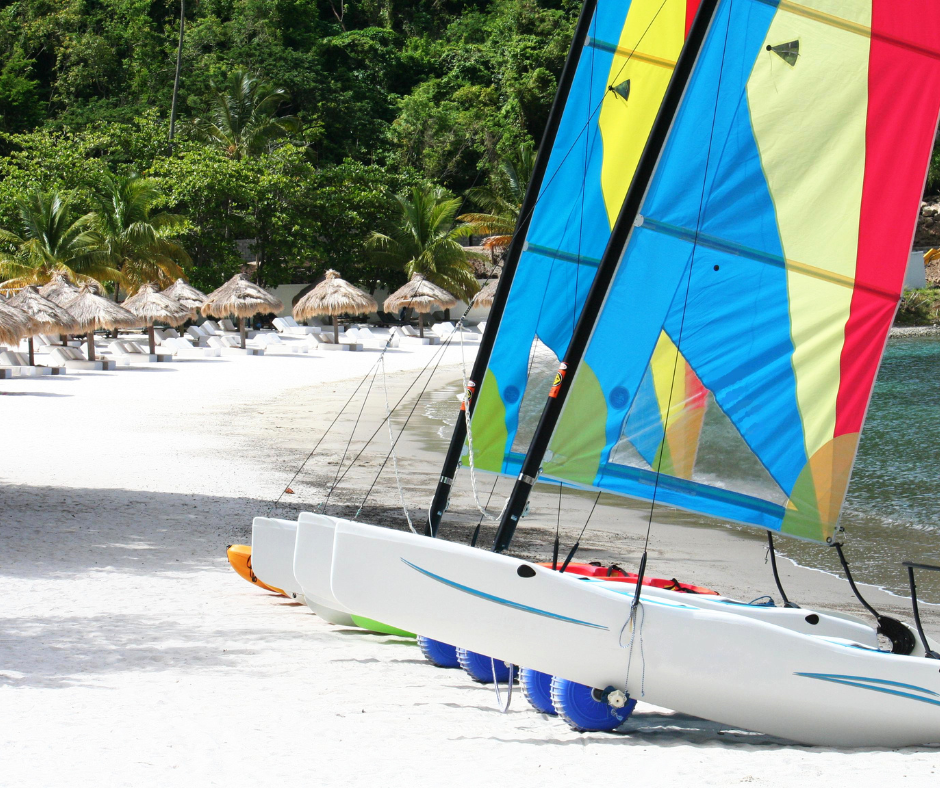
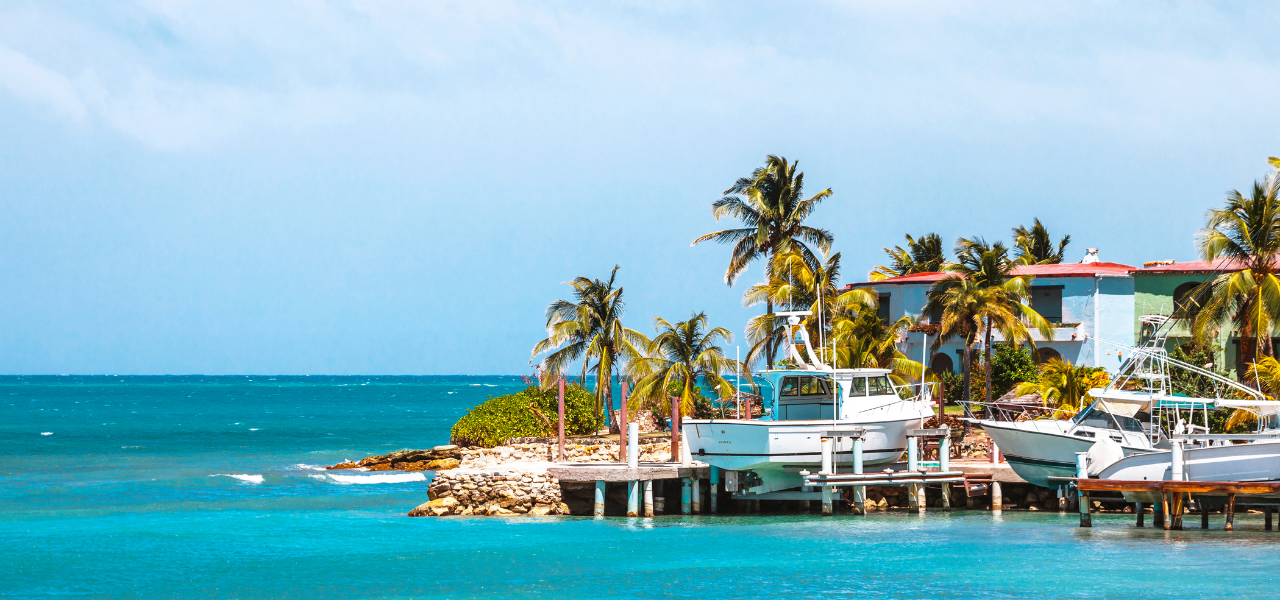
.png)

.png)